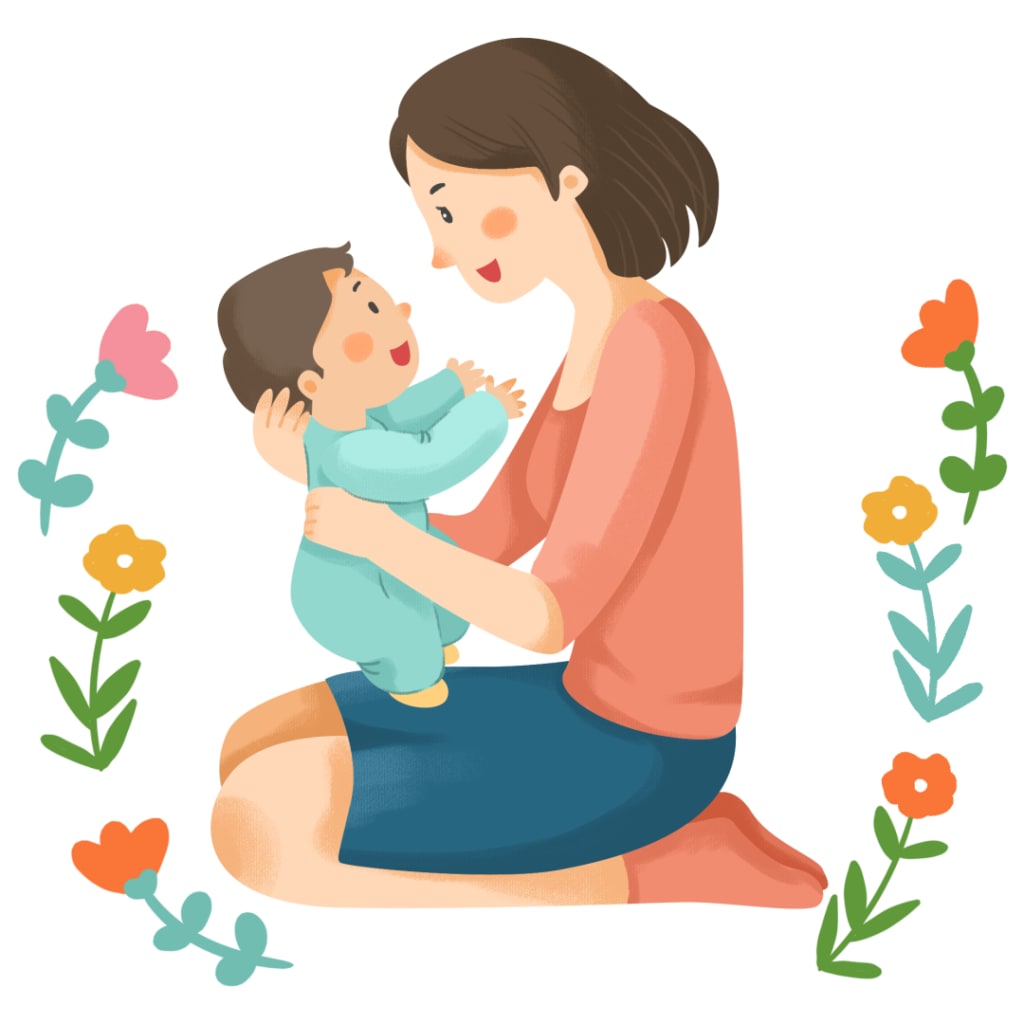
Breast milk is the first "ration" in the early years of human life. A mother's journey of breastfeeding can be challenging, what are the difficulties they encounter, and what medical tests do they receive?
- The most primitive love in the early years of life
Breastfeeding is a way of feeding that has existed since human evolution.
When it comes to breast milk, the first thing that can be traced is: how is breast milk produced?

The process of breast milk production starts when the mother is pregnant.
In the breast milk factory, there is an important star employee - the mammary cells. During the 16th week of pregnancy, mammary cells start to produce milk quietly, and then throughout pregnancy, they are stimulated by Oxycontin and lactose to produce milk, which then passes through the milk ducts to the milk ducts.
After the baby is born, the breast milk factory enters into a high-speed production period under the stimulation of sucking. Therefore, early contact, early sucking, and early initiation of the baby is the crucial first step in breastfeeding and establishing a parent-child relationship.
Every drop of all breast milk is rich in nutrients, immunologic ally active substances, and water, which is also unsurpassed by powdered formula. Research shows that breast milk contains more than 400 nutrients such as calcium, iron, lactose, folic acid, immunoglobulin, vitamin A, epidermal growth factor, etc., while formula milk contains only about 20.
The nutrients in breast milk each have their role to play in caring for the growth and development of your child in all aspects of intellectual and physical strength.
If sucking is the first step to establishing a parent-child relationship, then breastfeeding is the most primitive expression of love for your baby.
- The love and pain of breastfeeding women -
Breastfeeding is a God-given instinct for every mother, and they all want it to go smoothly, but the reality is that it is often difficult to get what they want, and some breastfeeding experiences are even associated with painful memories.
In the early days of breastfeeding, the untold birth pains, the lack of milk, the pain of containing breast milk, and other physical and psychological blows; late at night, their sleep rhythm is interrupted, and sleep time is deprived because of the need to breastfeed; milk rise, nipple inflammation, red, swollen and hard breasts, and failed milk chasing .......
Starting from helplessness and panic, they gradually sought help from outside help and took many detours. But they, while breaking down late at night, are gritting their teeth!
Because the milk flows in the breast, the mother and baby gradually familiar with each other, the link to each other, but also stimulate the mother's natural motherhood key.
The success of breastfeeding is the result of many factors, in addition to the mother's factors, but also closely related to the child's situation, family atmosphere, and so on. Therefore, on the road to breastfeeding, pregnant women and their families should actively learn about breastfeeding, communicate with family and friends when they encounter difficulties to get the necessary help and support, and handle any discomfort correctly or seek medical attention promptly. Give more care to pregnant women to help them enjoy the process of pregnancy and breastfeeding.
- Investing in health with love and growth -
What does breastfeeding bring to your baby?
Compared to exclusive breastfeeding, non-breastfed babies are 15 times more likely to die from pneumonia and 11 times more likely to die from diarrhea.
in Spain, non-breastfed babies from middle-class families are 5 times more likely to be hospitalized for infections at one year of age than exclusively breastfed babies
breastfeeding will reduce the chances of babies being overweight or obese by 22%.
the immune function of breast milk will reduce the chance of type II diabetes and complications by 37%.
Breastfed babies have an average of 4.9 points higher on IQ tests.
What does breastfeeding give back to the mother?
Breastfeeding burns 500 calories per day, and mothers who adhere to breastfeeding can regain their figures faster after giving birth
Non-breastfed babies are more than 200% more likely to have a chronic disease compared to breastfed babies. women who engage in frequent, exclusive breastfeeding have a 98% chance of not getting pregnant again within six months postpartum if their periods have not returned
Mothers who breastfeed for 6 to 24 months are 25% less likely to develop breast cancer and 11%-25% less likely to develop ovarian and uterine cancer.
Breastfeeding is a journey that every mother is "feeding" with love.
But hopefully, every mother is not helpless and alone on her breastfeeding journey.
You will slowly learn how to love, and you will begin to believe that the child is the medicine to heal the mother.
Thank you for being in our lives and being the brightest light in our lives.
About the Creator
Sal Tori
Education is what remains after one has forgotten everything one has learned in school.






Comments
There are no comments for this story
Be the first to respond and start the conversation.